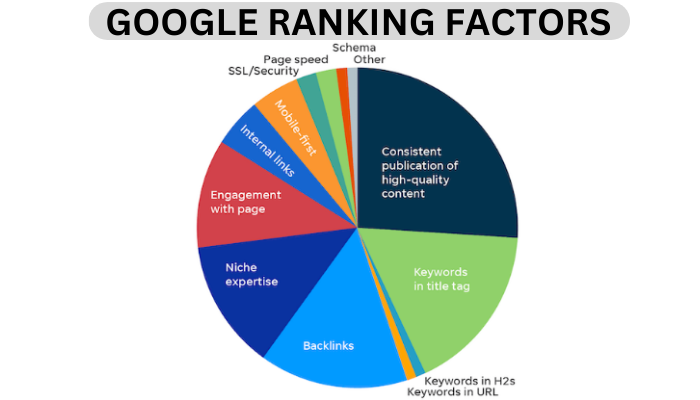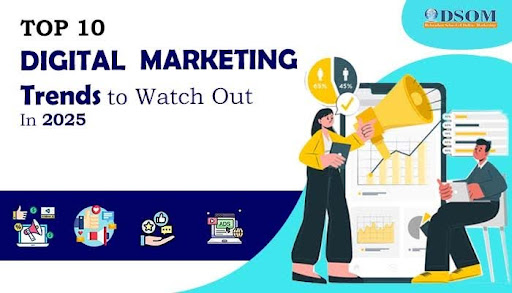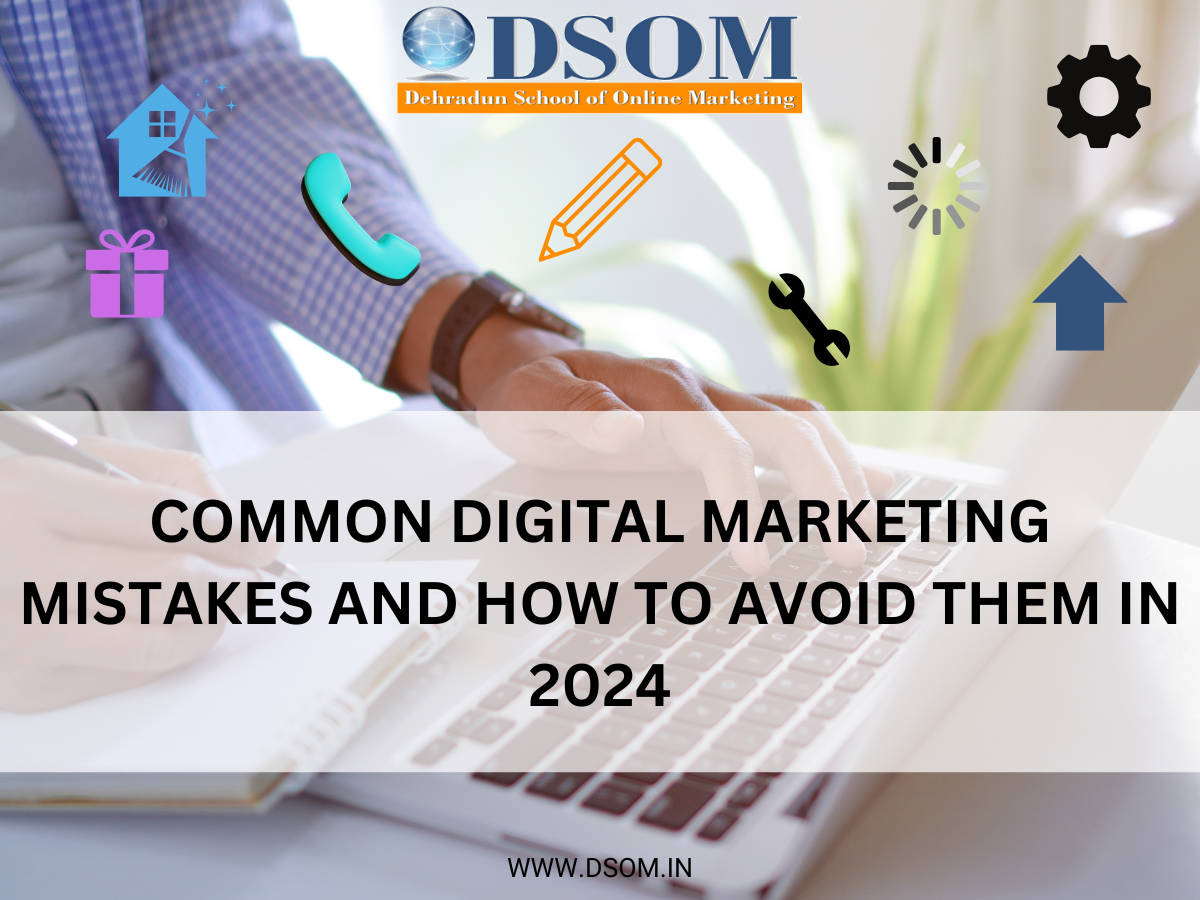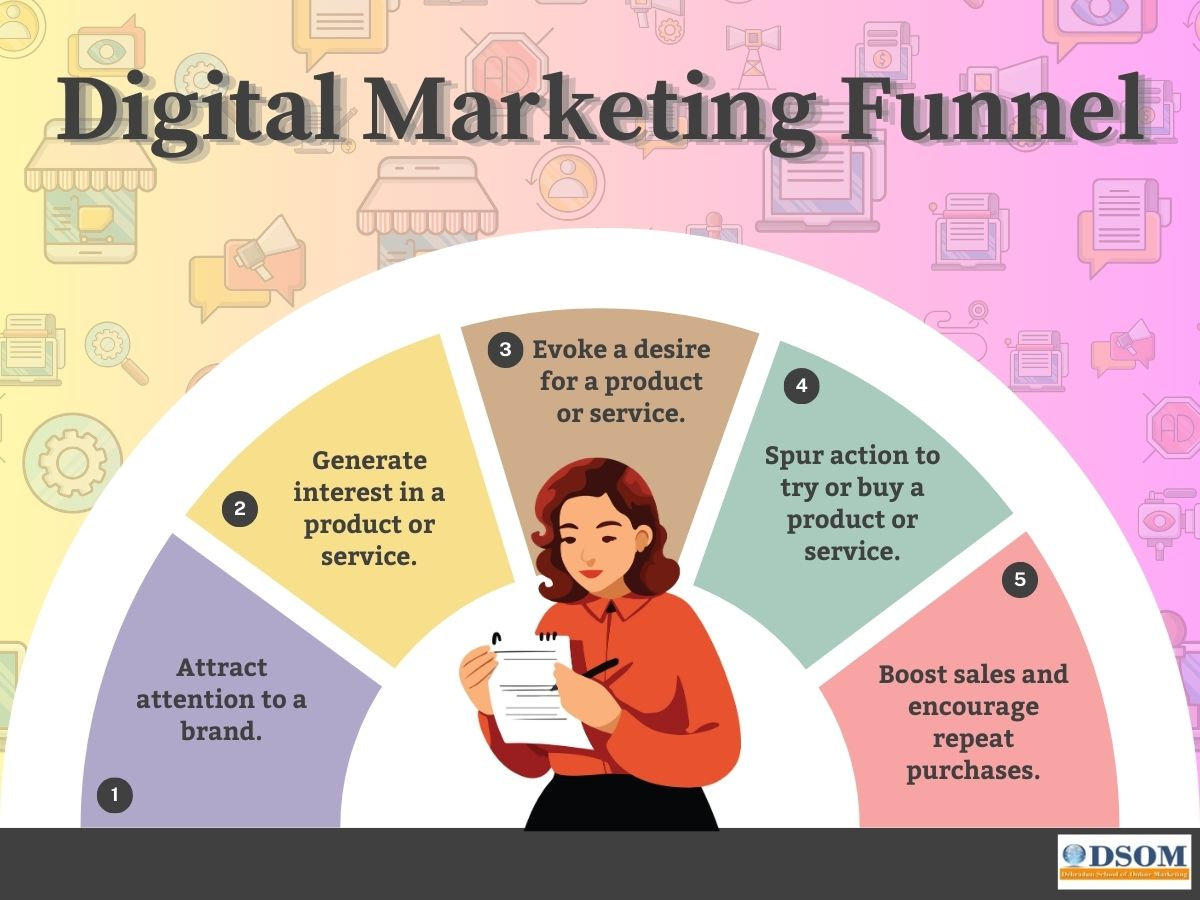SEO Basics: How to Improve Your Website's Search Engine Ranking
In the vast digital landscape, owning a website is just the beginning of your online journey. To make sure your website gets noticed and stands out among the millions of others on the internet, you need to understand the fundamental principles of SEO, or Search Engine Optimization. SEO is like the compass guiding your website towards greater visibility on search engines like Google. In this comprehensive guide, we'll break down the basics of SEO in simple terms, ensuring you can grasp these essential concepts without breaking a sweat.
Introduction of SEO
SEO, or Search Engine Optimization, is a set of strategies and practices designed to improve a website's visibility in search engine results. The primary goal of SEO is to increase organic (non-paid) traffic to a website by ranking higher in search engine results pages (SERPs). Search Engine Optimization is a multifaceted approach to improving your website's visibility in search engine results. It involves keyword research, on-page and off-page optimization, content quality, mobile-friendliness, page speed, user experience, and more. By implementing effective Search Engine Optimization practices, you can increase organic traffic and reach a wider audience on the internet.
Improve Your Website's Search Engine Ranking by Rembering these key points

1.Keywords
Keywords are the foundation of SEO (Search Engine Optimization). They are the words or phrases that people type into search engines when they're on the hunt for information. To boost your website's visibility, you must identify which keywords are relevant to your content and your target audience. Various keyword research tools are available to assist with this. Once you have your list of keywords, you need to naturally incorporate them into your website's content, including in your titles, headings, and body text.
2. Content: The Backbone of SEO
Top-notch content is the backbone of successful SEO (Search Engine Optimization). Exceptional content not only attracts visitors but also keeps them engaged on your website. Search engines like Google appreciate websites that offer valuable content. Thus, it's vital to focus on creating articles, blog posts, videos, or any other content that speaks to the needs and interests of your target audience.
3. On-Page SEO: Tuning Up Your Web Pages
On-page SEO (Search Engine Optimization) is all about optimizing various elements on your web pages to enhance their search engine ranking. Here are some key on-page SEO elements:
Title Tags: Every page should have a unique, descriptive title that includes relevant keywords.
Meta Descriptions: These are short descriptions that should be catchy and encourage users to click on your search results.
Headers (H1, H2, H3): Headers help organize your content and offer a chance to include keywords.
URL Structure: Keep your URLs simple and descriptive, incorporating relevant keywords.
Image Alt Text: For images, use descriptive alt text to help search engines understand your content.
4. Mobile-Friendliness: A Must-Have
With more people browsing the web on mobile devices, having a mobile-friendly website is non-negotiable for SEO (Search Engine Optimization). A responsive web design ensures your site looks and works well on both desktop and mobile devices, making it more appealing to search engines and users alike.
5. Speed Matters: Page Load Speed
The speed at which your pages load is a critical factor in SEO (Search Engine Optimization). Slow-loading pages can drive visitors away and result in lower search engine rankings. To improve your website's page speed, you can optimize images, enable browser caching, and consider using content delivery networks (CDNs). Tools like Google PageSpeed Insights can identify areas for improvement.
6.User Experience: Delighting Visitors
Search engines favor websites that provide a good user experience. Elements like easy navigation, clear calls to action, and minimal pop-ups or intrusive ads contribute to a better user experience. Ensuring that your website is user-friendly will not only please your visitors but also positively impact your search engine ranking.

7. Backlinks: Building Website Authority
Backlinks, also known as inbound links, are links from other websites to yours. They act as endorsements of your content and can boost your search engine ranking. To acquire quality backlinks, consider guest posting on other websites, connecting with industry influencers, or creating content that naturally attracts links.
8. Social Signals: A Little Help from Friends
Social media can indirectly influence your search engine ranking. When your content gets shared on social platforms, it can increase your website's visibility and drive more traffic. Be sure to share your content on social media and encourage others to do the same.
9. Local SEO: Attracting Local Customers
If your business has a physical location or offers services in a specific area, local SEO (Search Engine Optimization) is essential. Make sure your business is listed accurately on Google My Business and other local directories. This will help you show up in local search results when potential customers are searching for nearby services.
10. Regular Updates: Stay Fresh
Search engines love fresh content. Regularly updating your website with new content, like blog posts or product listings, tells search engines that your site is active and relevant. Aim for a consistent content schedule to keep your website engaging and fresh.
11. Monitor and Adapt: SEO (Search Engine Optimization) Is an Ongoing Journey
Search Engine Optimization is not a one-time task but an ongoing process. Regularly monitor your website's performance using tools like Google Analytics. Keep an eye on your rankings, traffic, and user behaviour to identify areas for improvement. As algorithms change and competition evolves, be prepared to adapt your SEO strategies accordingly.
12. Avoid Common SEO Mistakes
To succeed in SEO (Search Engine Optimization), you must also avoid some common pitfalls:
Keyword Stuffing: Overloading your content with keywords can hurt your website's credibility and readability.
Duplicate Content: Ensure that your content is unique and not copied from other sources.
Neglecting Mobile Users: Neglecting mobile users can result in a significant loss of potential traffic.
Ignoring Analytics : Regularly analyzing your website's performance is vital for ongoing improvement.
13. Content Relevance Matters
While producing high-quality content is essential, it's equally important to ensure that your content is relevant to your target audience. Consider their specific interests, needs, and problems. The content you create should address these points, providing solutions and valuable information. Relevance not only engages your audience but also signals to search engines that your website is an authoritative source on a particular topic.
14. Internal Linking: Connect the Dots
Internal linking is the practice of linking from one page on your website to another. These links help users navigate your site, but they also assist search engines in understanding the structure and hierarchy of your content. When you link to related articles or pages within your site, you create a web of interconnected content that can improve the user experience and spread link equity throughout your website.
15. Optimize Images and Media
Images and media are vital elements of engaging content, but they can also impact your website's performance. Ensure that your images are appropriately sized and compressed to minimize page load times. Additionally, use descriptive file names and alt text to make your media accessible to both users and search engine crawlers. Properly optimized images can contribute to a better user experience and higher rankings.
16. SEO-Friendly URLs
Your website's URL structure should be user-friendly and easy for search engines to interpret. A concise and descriptive URL can help users and search engine crawlers understand the content of the page. Avoid lengthy, cryptic URLs and use hyphens to separate words for clarity. An SEO-friendly URL is more likely to rank well in search results.
Conclusion
Search Engine Optimization is the compass that guides your website towards greater visibility on search engines. By focusing on keywords, quality content, on-page optimization, mobile-friendliness, page speed, user experience, backlinks, social signals, local SEO, regular updates, and ongoing monitoring, you can steadily enhance your website's search engine ranking. Remember, Search Engine Optimization is a journey, and with dedication and persistence, you can achieve better visibility and attract more visitors to your website.
 How to Turn Your Photos into Ghibli-Style Art with ChatGPT for Free
How to Turn Your Photos into Ghibli-Style Art with ChatGPT for Free Top 10 AI Tools for Plagiarism-Free Content Writing: Boost Your SEO & Digital Marketing Efforts
Top 10 AI Tools for Plagiarism-Free Content Writing: Boost Your SEO & Digital Marketing Efforts The Rise of Graphic Designing in 2025: A Career Guide.
The Rise of Graphic Designing in 2025: A Career Guide. The Rise of Video Editing: A Crucial Skill in 2025
The Rise of Video Editing: A Crucial Skill in 2025 Top 10 Digital Marketing trends in 2025
Top 10 Digital Marketing trends in 2025 Common Mistakes in Digital Marketing and How to Avoid Them 2025
Common Mistakes in Digital Marketing and How to Avoid Them 2025 The Future of Digital Advertising: What You Need to Know
The Future of Digital Advertising: What You Need to Know Social Media Marketing in 2024: Strategies for Maximum Engagement
Social Media Marketing in 2024: Strategies for Maximum Engagement Building a Successful Digital Marketing Funnel: A Step-by-Step Guide
Building a Successful Digital Marketing Funnel: A Step-by-Step Guide 5 ways to make money from home using AI (Artificial-Intelligence) in 2024
5 ways to make money from home using AI (Artificial-Intelligence) in 2024